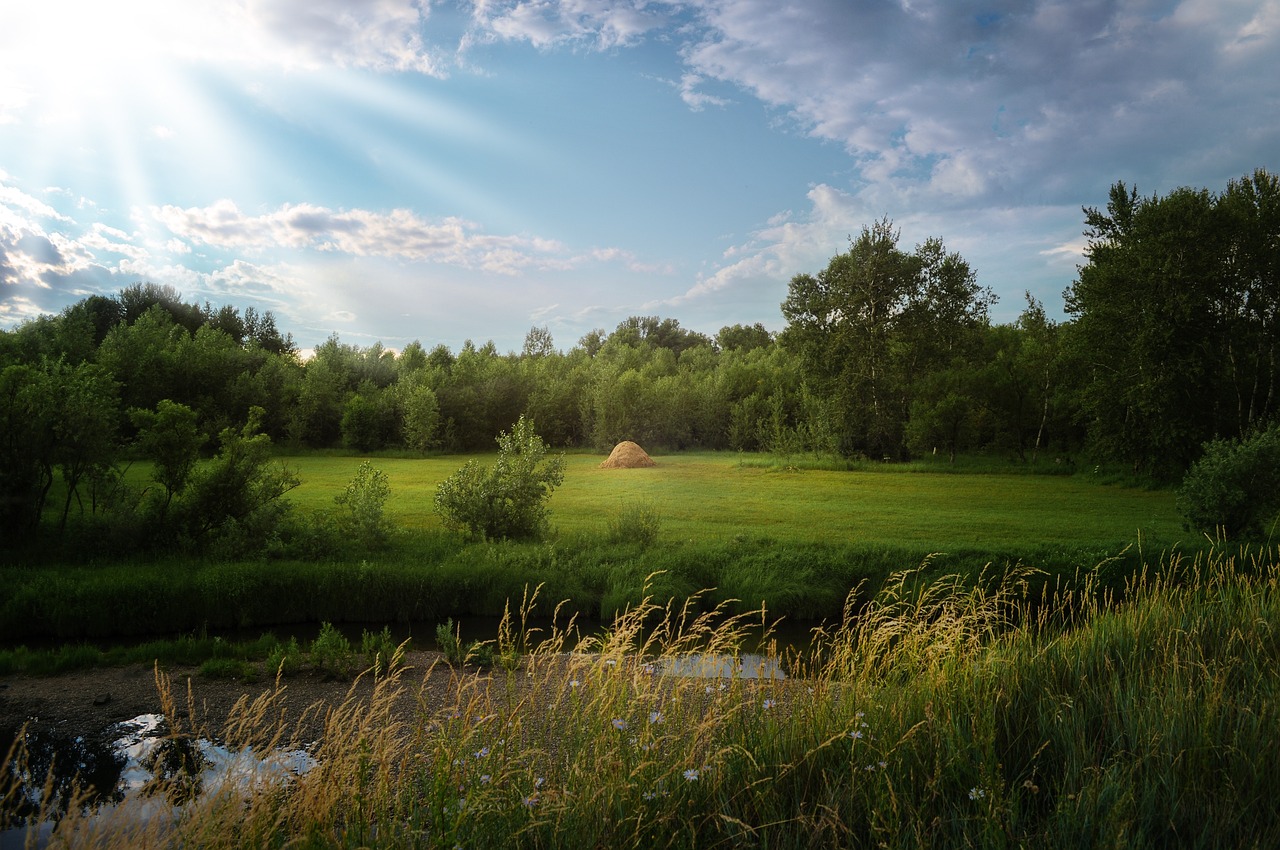Traveling with Cultural Sensitivity: Respecting Indigenous Peoples and Traditions
Cultural sensitivity plays a crucial role in ensuring respect and understanding when interacting with individuals from different cultural backgrounds. It involves being aware of and acknowledging the customs, traditions, beliefs, and norms of others without imposing one’s own values or viewpoints onto them. By being culturally sensitive, we can foster positive and meaningful relationships with people from diverse backgrounds, promoting inclusivity and harmony in our interactions.
Failure to practice cultural sensitivity can lead to misunderstandings, conflicts, and even discrimination. Insensitivity towards someone’s culture can be hurtful and disrespectful, creating barriers to effective communication and building trust. Developing cultural sensitivity involves listening attentively, asking questions respectfully, and being open-minded to different perspectives and ways of life. Embracing cultural sensitivity not only enriches our own lives by exposing us to new ideas and experiences but also contributes to a more tolerant and interconnected society.
Researching Indigenous Cultures Before Your Trip
Researching indigenous cultures before your trip is essential to ensure that you approach their communities with respect and understanding. By taking the time to learn about their traditions, beliefs, and customs, you show a genuine interest in their way of life. This research can help you avoid unintentionally causing offense or disrespect during your interactions with indigenous peoples.
It’s important to understand that indigenous cultures are diverse and unique, with each community having its own practices and values. By doing your homework before your trip, you can gain insights into the history and current issues facing these cultures, allowing you to engage in more meaningful and respectful interactions. Showing that you have taken the time to educate yourself about indigenous cultures demonstrates your willingness to listen and learn from the people you encounter during your travels.
Why is it important to research indigenous cultures before your trip?
Researching indigenous cultures before your trip is important to show respect and understanding towards the local traditions, customs, and beliefs. It can also help you avoid unintentionally offending the indigenous people of the area.
What are some ways to research indigenous cultures before a trip?
Some ways to research indigenous cultures before a trip include reading books, watching documentaries, visiting museums, attending cultural events, and reaching out to local organizations or experts in the field.
How can cultural sensitivity impact your travel experience?
Cultural sensitivity can greatly enhance your travel experience by allowing you to connect with the local community on a deeper level, fostering mutual respect and understanding, and creating more meaningful interactions with indigenous people.
What are some common cultural norms and practices to be aware of when visiting indigenous communities?
Some common cultural norms and practices to be aware of when visiting indigenous communities may include respecting sacred sites, asking for permission before taking photos, participating in traditional ceremonies with respect, and refraining from making assumptions or judgments about the culture.
How can I support indigenous communities during my trip?
You can support indigenous communities during your trip by purchasing authentic handmade crafts directly from local artisans, participating in eco-friendly and sustainable tourism activities, respecting the environment and wildlife, and leaving a positive impact on the community through responsible travel practices.





